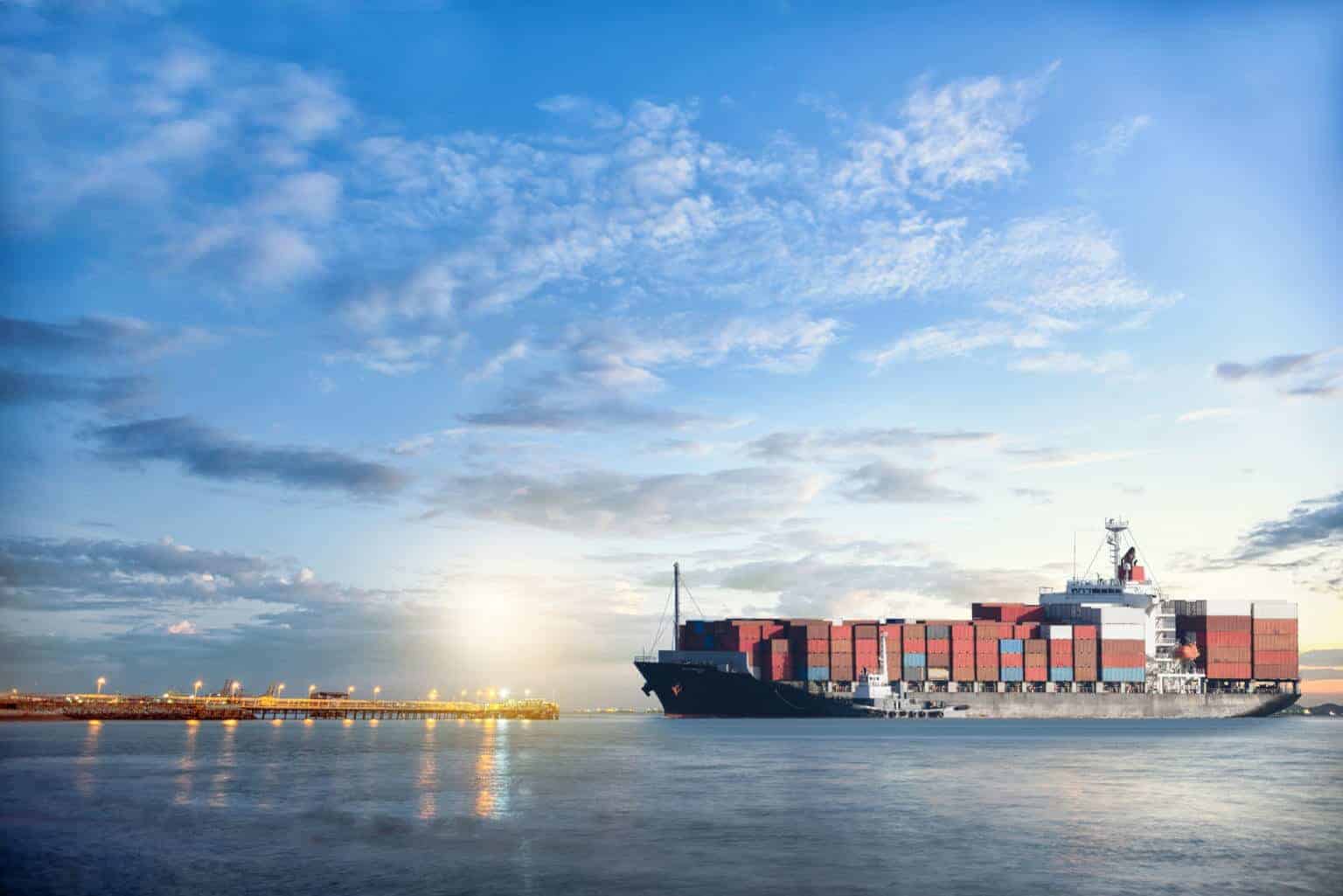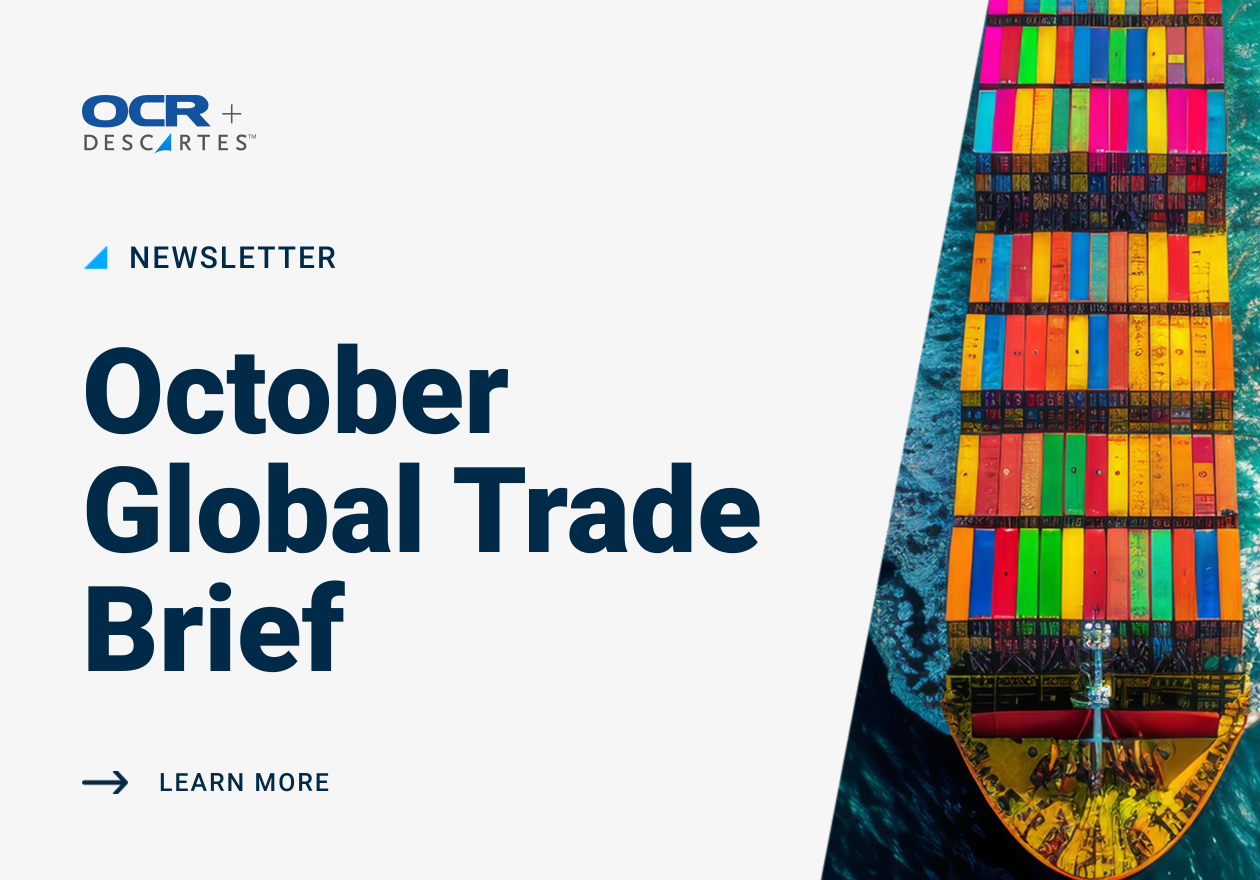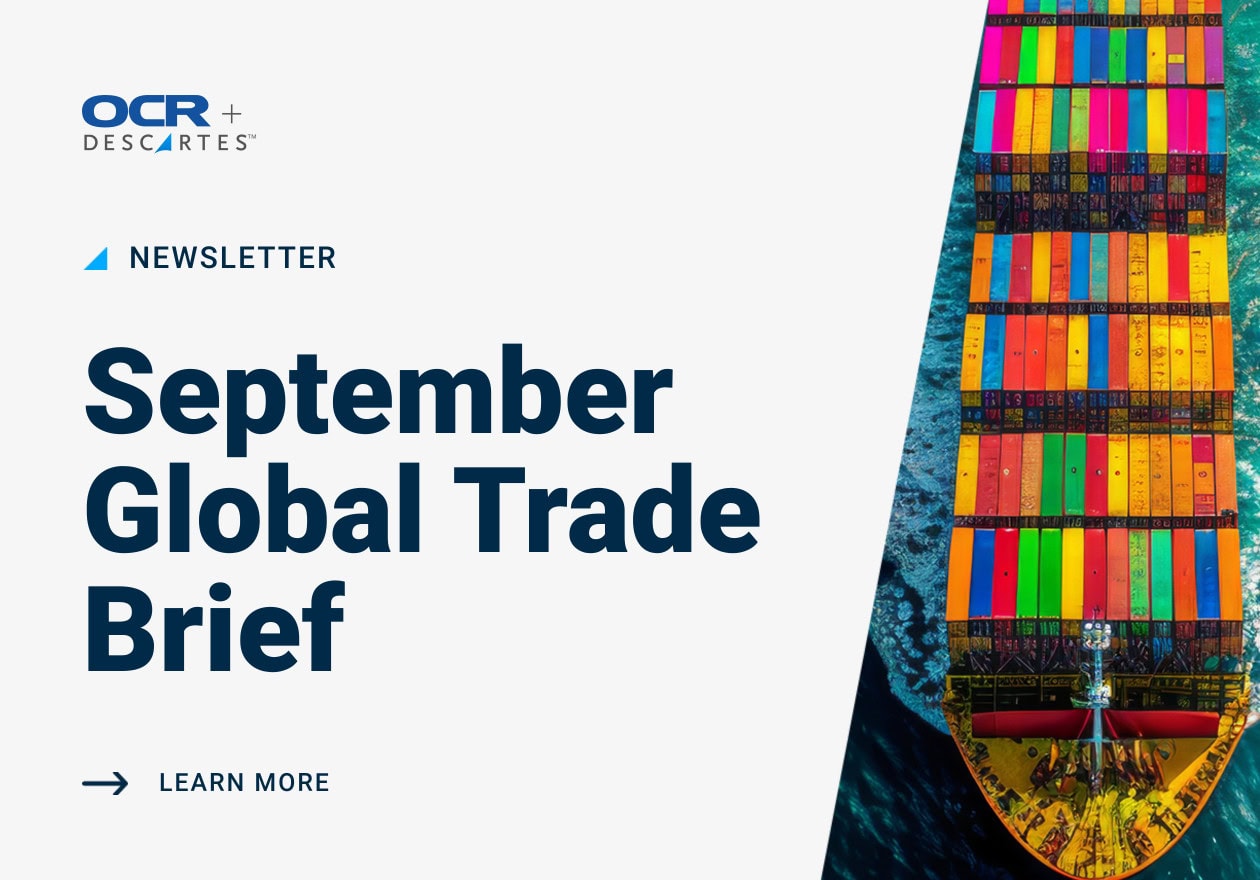SUSPENSION OF BIS LICENSE EXCEPTIONS FOR HONG KONG
Effective July 31, 2020, license exceptions are no longer available for exports and re-exports to Hong Kong, and transfers within Hong Kong, of all items subject to the EAR. The rule includes saving clauses for items, including for deemed exports. A final rule from the Bureau of Industry and Security (BIS) published in the Federal Register amends the Export Administration Regulations (EAR) to suspend the availability of all license exceptions for Hong Kong that provide differential treatment as compared to those available to China.
TEXTILES, APPAREL IMPORTED FROM MALI
Mali has adopted an effective visa system and related procedures to prevent the unlawful transshipment of textile and apparel articles and the use of counterfeit documents in connection with the shipment of such articles, and has implemented and follows, or is making substantial progress towards implementing and following, the custom procedures required by the AGOA. Accordingly, imports of eligible products from Mali qualify for the textile and apparel benefits provided under the AGOA. The notice is effective 14 days after July 21, 2020.
PRESIDENTIAL PROCLAMATION ON TARIFFS ON TURKISH STEEL VIOLATED STATUTE; REFUNDS ALLOWED
Transpacific Steel, LLC v. United States, Slip op. 20-98 (CIT July 14, 2020)
Under 19 U.S.C. section 1862 (the legal basis for Section 232 tariffs), the president must decide within 90 days of a required U.S. Commerce Department report whether to issue tariffs and what form they are to take. The president must also implement those tariffs within 15 days of that decision.
The Commerce Department issued its report in January 2018. In response, the president issued a proclamation in March 2018 to impose a 25% ad valorem tariff on imports of steel products from Turkey. Then in August 2018, the president issued a second proclamation imposing a 50% tariff on imports of Turkish steel.
The trade court found the Section 232 tariff increase for Turkish steel products came by way of a presidential proclamation issued beyond the 90-day period after Commerce issued its Section 232 report on steel in January 2018. The government argued that the president has the ability to modify already issued tariffs. The trade court disagreed: “Contrary to the government’s contention, there is nothing in the statute to support the continuing authority to modify Proclamations outside of the stated timelines.”
USMCA AND POST-IMPORTATION CLAIMS FOR CUSTOMS DUTY REFUNDS
Importers may file USMCA post-importation claims for refunds of certain duties assessed on merchandise that both qualifies for preferential tariff treatment under the USMCA and that is entered for consumption, or withdrawn from warehouse for consumption, on or after July 1, 2020. In general, refunds for merchandise processing fees (MPF) are excluded from USMCA post-importation claims.
RULES OF ORIGIN, INTERIM FINAL RULE IMPLEMENTING USMCA
U.S. Customs and Border Protection and the Treasury Department today jointly released for publication in the Federal Register an interim final rule concerning the rules of origin for preferential tariff treatment under the trade agreement between the United States, Mexico, and Canada (the agreement that is often referred to as “USMCA”). The interim final rule sets out a framework for regulatory guidance regarding the rules of origin for those seeking USMCA preferential tariff treatment. Today’s release also includes the text of the uniform regulations regarding rules of origin under USMCA. USMCA supersedes the North American Free Trade Agreement (NAFTA) on July 1, 2020. Accordingly, the document also amends the NAFTA regulations to reflect this change. Comments about the interim final rule are due by a date that is 60 days after July 1, 2020.
TARIFF CLASSIFICATION OF COMPUTER COVER
Apple Inc. v. United States, 2019-1869 (Fed. Cir. July 2, 2020)
The U.S. Court of Appeals for the Federal Circuit affirmed the trade court’s grant of summary judgment for the government concerning the tariff classification of a computer cover. The importer claimed that the subject computer cover was properly classified under Harmonized Tariff Schedule of the United States (HTSUS) subheading 8473.30.51 and as such was duty-free. U.S. Customs and Border Protection (CBP), however, classified the computer cover under HTSUS subheading 6307.90.98 and subject to a 5.3% rate of customs duty. The importer eventually sought judicial review before the U.S. Court of International Trade which denied the importer’s cross-motion for summary judgment and granted the government’s motion concluding, inter alia, that the subject merchandise was properly classified under HTSUS subheading 3926.90.99. The importer appealed to the Federal Circuit, which affirmed.
FRENCH DIGITAL SERVICES TAX; ADDITIONAL 25% CUSTOMS DUTIES SUSPENDED UNTIL JANUARY 2021
A notice released by the Office of the U.S. Trade Representative (USTR) in advance of publication in the Federal Register addresses findings of the Section 301 investigation of France’s digital services tax and announces the imposition of additional customs duties of 25% on U.S. $1.3 billion of French products imported into the United States. According to the USTR notice, the additional customs duties are suspended for 180 days, until January 6, 2021.



